by Kimberly Weisul
A new report looks at the path of scientific research and offers some surprising conclusions.
What's life going to look like in 2025?

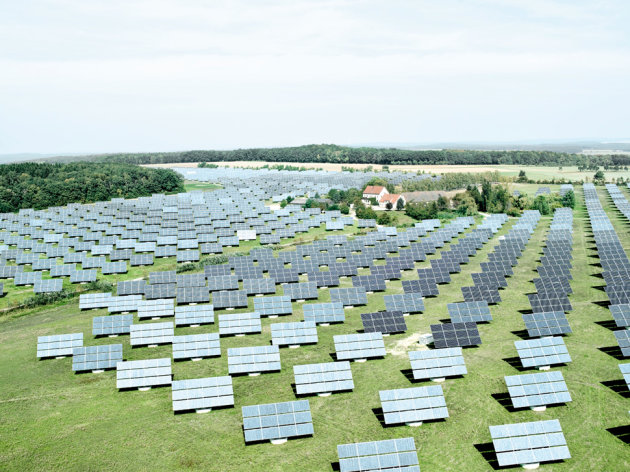 The
high-profile failure of companies such as Solyndra and Amonix may breed
skepticism about the future of solar energy, but the Thomson Reuters
report has no such misgivings. Instead, researchers say that solar will
become "the largest source of energy on the planet … no longer for the
environmentally-conscious select; it is for the masses."
The
high-profile failure of companies such as Solyndra and Amonix may breed
skepticism about the future of solar energy, but the Thomson Reuters
report has no such misgivings. Instead, researchers say that solar will
become "the largest source of energy on the planet … no longer for the
environmentally-conscious select; it is for the masses."
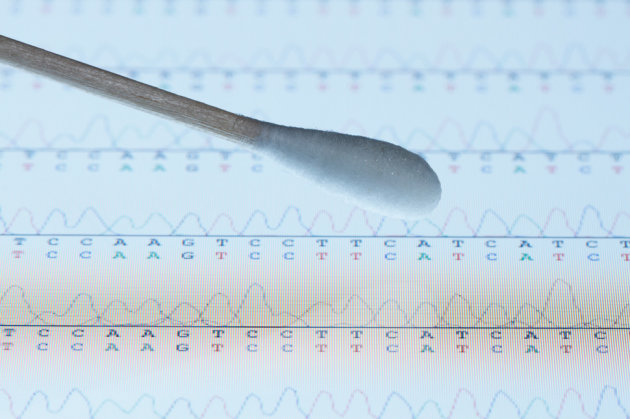
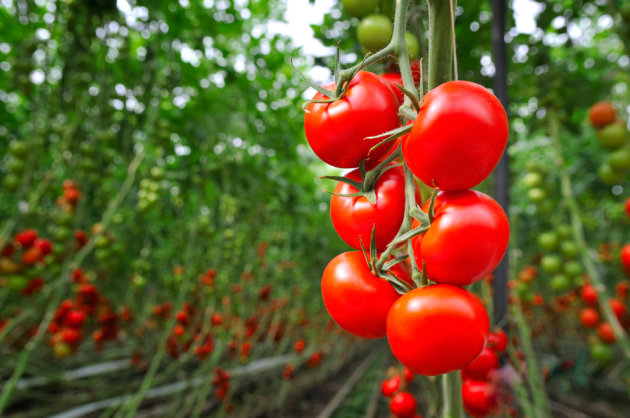
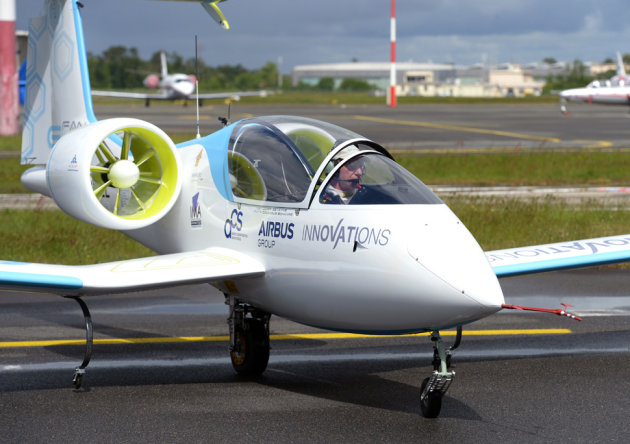

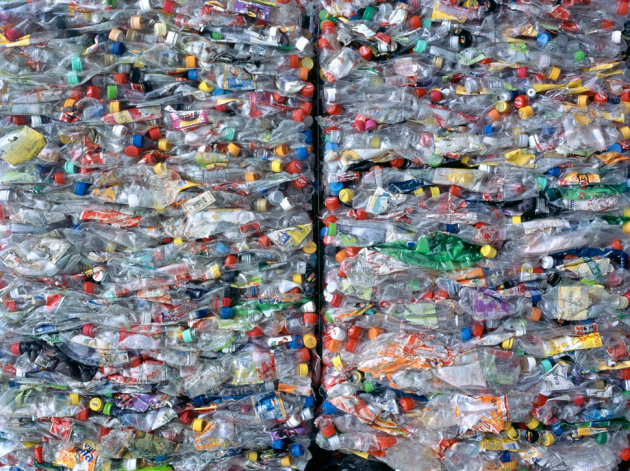 Packing
peanuts are already starting to be replaced by more eco-friendly
alternatives, but by 2025, says the report, all types of petroleum-based
packaging will be obsolete. No longer will discarded packaging litter
fields, cities and oceans. Instead, "whether for food, medicine,
electronics, textiles or consumer products, all packaging will be made
from cellulose-derived products." These new types of packaging might
look and feel like plastic, but they'll be fully biodegradable.
Packing
peanuts are already starting to be replaced by more eco-friendly
alternatives, but by 2025, says the report, all types of petroleum-based
packaging will be obsolete. No longer will discarded packaging litter
fields, cities and oceans. Instead, "whether for food, medicine,
electronics, textiles or consumer products, all packaging will be made
from cellulose-derived products." These new types of packaging might
look and feel like plastic, but they'll be fully biodegradable.
What's life going to look like in 2025?
Well,
the folks in Thomson Reuters' IP and Science group have come up with an
ingenious method of building a crystal ball. They looked at
recently-published patents and scientific papers to try to devine which
emerging technologies could gain widespread traction by 2025. The papers
were deemed more influential if they'd been cited a large number of
times; patent classifications were ranked by the number of recent
patents in that particular category.
The
core assumption seems to be that if the scientific and entrepreneurial
communities are putting particular effort into something today, they'll
make some good progress within the 10 years. If that turns out to be
true, here are the top 10 innovations that are likely to alter our world
between now and 2025:
1. Dementia Declines

Overall, this particular report
has great faith in science's ability to prevent disease by better
understanding the human genome. One of the biggest boons from that
improved understanding will be a reduction in degenerative disease such
as dementia and Alzheimers. So far, researchers have been able to
identify specific chromosomes that cause different forms of the
dementia. The most highly-cited research since 2011 has been about a
chromosome known as 9P, which has been linked to two forms of dementia.
2. Solar takes over

What
will drive this transformation? New dye-sensitized and thin-form
materials. Increased efficiency of energy conversions. And a
photosynthetic process that will make solar energy available when
needed--no matter the weather.
3. Prevention of type 1 diabetes

The
report predicts that type 1 diabetes, type 2 diabetes, and other
metabolic conditions such as muscular dystrophy will be preventable in
2025. That's because, scientists will have developed a workable platform
for genome engineering that will allow us to edit and repair DNA in
humans, not just in bacteria and mice. Modification of disease-causing
genes in humans is simply the next step.
4. Food, glorious food

By
2025, food shortages and food price fluctuations will be just memories.
Farmers will be able to safely grow genetically-modified crops indoors,
thanks to revolutions in lighting technologies, imaging techniques, and
changes to the food's DNA, which will feature built-in growth receptors
making plants more sensitive to light at specific wavelengths. Crops
will be better-bred for disease resistance and high yield. The
combination will lead to a much lower risk of crop failure, and a more
substantial and more consistent supply of food.
5. The plug-in airplane

Electric
cars may still be somewhat of a novelty, but by the end of the next
decade lightweight aerospace engineering, paired with new battery
technologies, will enable the development of electric airplanes. These
new lightweight vehicles will be powered by improved lithium-ion
batteries and motors that use superconducting technology.
6. The internet of (every)things

We
think we live in a connected world. A decade from now, we'll wonder how
we were ever so isolated. "Wireless communications will dominate
everything, everywhere," says the report. "Imagine the day when the
entire continent of Africa is completely, digitally connected," which it
predicts will occur in 2025. All this will happen thanks to improved
semiconductors, changes in 5G technology, and supercapacitors that will
be able to store much more energy for later release than the current
generation of capacitors.
7. Goodbye, plastic water bottles

8. The cure is no longer worse than the disease
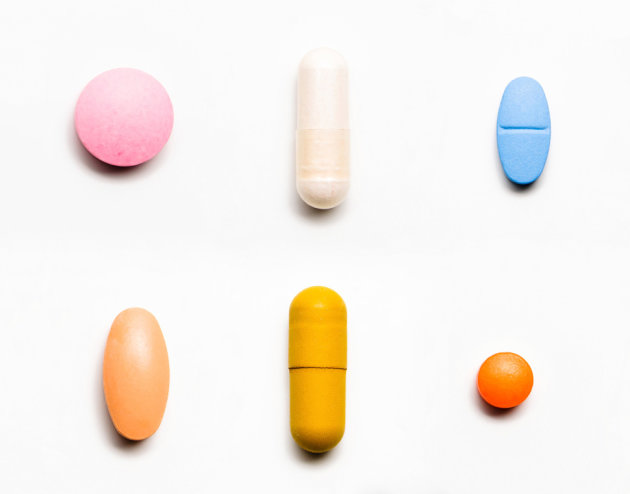
By
2025, says the report, cancer patients will no longer have to choose
between living with a fatal disease and enduring treatments that can
quickly become intolerable. The pharmaceutical industry has been working
toward a goal of personalized medicine, developing drugs that target
specific molecules. As medical tools become more targeted, they'll
engage only the molecules necessary to combat the disease, sparing
healthy ones and leading to treatments with far fewer negative side
effects.
9. DNA mapping at birth becomes the norm

And
not just at birth. The report says that thanks to advances in co-called
single-cell analysis, and to the increasing applications of big data,
DNA mapping will be the best way to manage disease risk. Not only will
your newborn's DNA get mapped immediately, but your own DNA will be
mapped and checked annually to identify any increased risk or early
appearance of auto-immune diseases.
10. Beam me up, Scotty.

Now
that researchers have proven the existence of Higgs-Boson particles,
they're racing to understand them. One possible implication: the concept
of teleportation is not as nutty as it seems. We're not going to be
teleporting humans by 2025, but as scientists test quantum teleportation
with other substances, it won't seem absurd, either.

No comments:
Post a Comment